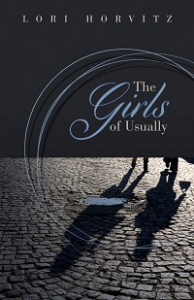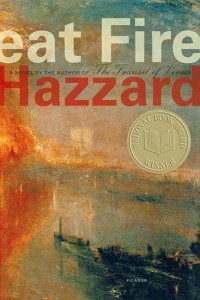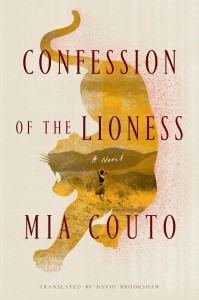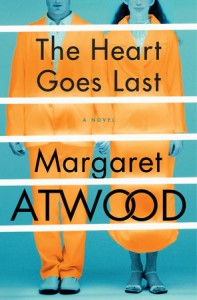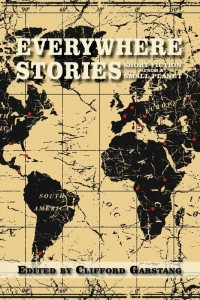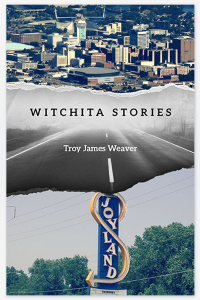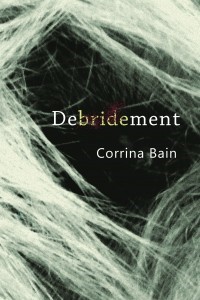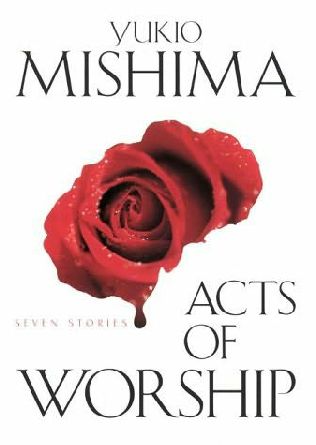102 pages, $13.95
Review by Nicholas Rys
Sean H. Doyle is a seeker. His gasoline-soaked debut, This Must Be the Place, begins with a quote by legendary American Mystic, Edgar Cayce, “…at any time, in any world, a soul will give off through vibrations the story of itself and the condition in which it now exists.” Throughout the book, both parts at the end of that quote prove to be important, as Doyle summons up not only the vibrations of the story itself, but also the condition in which it now exists.
The book presented itself to me unusually. I was half drunk on a Thursday night and for some reason, eager to start something new. The explosive and deceptively playful cotton-candy-meets-Jackson-Pollock cover art was too loud to ignore, even strewn across my living room floor next to a handful of other 2015 books I had recently ordered. Despite my better efforts to call it quits after the first vignette. This is heavy stuff, I thought. I should wait until tomorrow. I read the first half in one feverish sitting. Continue reading
![[PANK]](https://pankmagazine.com/wp-content/themes/pank/assets/images/pank-logo-large.png)


